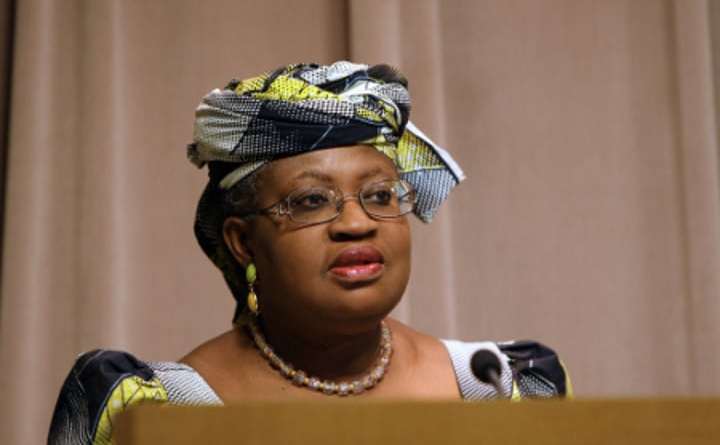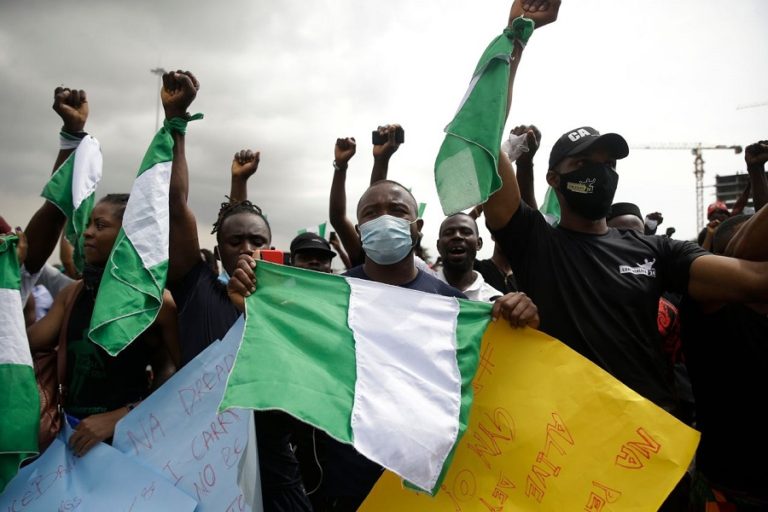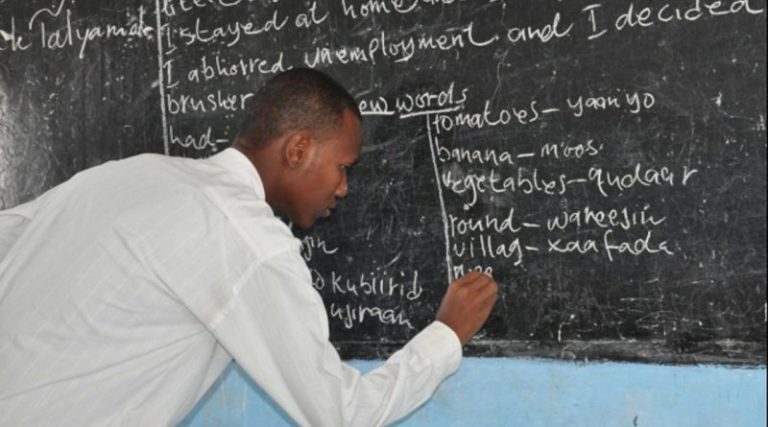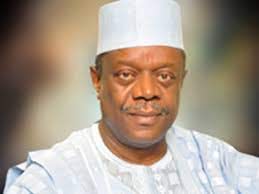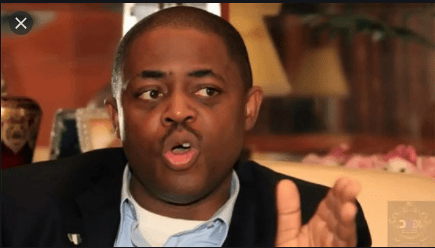World Trade Organisation members are confronting the reality that the future of the Geneva-based institution is now in the hands of the American electorate.
Trade officials in capitals around the world are evaluating their options following the Trump administration’s decision Wednesday to block the appointment of Ngozi Okonjo-Iweala as the WTO’s next director-general. The U.S. is backing South Korean trade minister Yoo Myung-hee despite overwhelming support from other countries for Okonjo-Iweala, a Nigerian former finance minister who also holds U.S. citizenship.
Some officials are concluding that if President Donald Trump loses the presidential election Nov. 3, as many polls are indicating, they should postpone the selection process until after Joe Biden is inaugurated on Jan. 20. A Trump win would give U.S. Trade Representative Robert Lighthizer fresh momentum to re-engineer oversight of global trading rules and the WTO has been his nemesis for years.
“The U.S. election is obviously pivotal now,” said Rufus Yerxa, president of the National Foreign Trade Council in Washington and former WTO deputy director-general. “Where the WTO General Council takes this depends on whether they’re in another brutal showdown with Lighthizer or can afford to wait him out and make a deal with a new Biden administration.”
Lighthizer issued a strong statement of support for Yoo, signaling no wiggle room in the American position.
According to people close to Lighthizer, he views Okonjo-Iweala, a longtime top official at the World Bank, as being too ideologically aligned with internationalists like Robert Zoellick, a former USTR from the Bush administration who worked with her when he was president of the Washington-based bank.
‘Hands-On Experience’
“Minister Yoo is a bona-fide trade expert who has distinguished herself during a 25-year career as a successful trade negotiator and trade-policy maker,” the USTR’s office said in a statement. “The WTO is badly in need of major reform. It must be led by someone with real, hands-on experience in the field.”
Molly Toomey, a spokeswoman for Okonjo-Iweala, responded by saying, “WTO members wouldn’t have selected a DG who is missing any skills or qualifications.”
For WTO members, there are few desirable options if Trump emerges victorious in next week’s vote. Most are unwilling to back Yoo, who decided not to withdraw from the race after the WTO’s selection panel named Okonjo-Iweala the candidate most likely to attract consensus support from the WTO’s members.
Okonjo-Iweala “clearly carried the largest support by members” and “clearly enjoyed broad support from members from all levels of development and from all geographic regions,” WTO General Council Chairman David Walker, who is from New Zealand, said in a statement on Wednesday.
Yoo didn’t respond to requests for comment.
It’s possible that members could force a resolution to the impasse by holding a vote to select the next WTO director-general by a qualified majority. Okonjo-Iweala would likely win such a vote but that path would be unprecedented and harmful for the consensus-oriented WTO.
WTO decisions are made by a consensus of its 164 members, which means a single country can stall to pressure others.
A core tenet of Lighthizer’s approach to international trade is his desire to defend America’s national sovereignty over trade policy. So any move by WTO members to go against U.S. interests could provoke a sharp response from Trump, who has threatened to withdraw from the WTO entirely.
Advisers in the Biden administration, meanwhile, have advocated for greater engagement with U.S. allies and to strengthen multilateral institutions like the WTO.
“Reaffirming, strengthening our core alliances and partnerships with democratic countries is probably (Biden’s) leading international priority,” said Tony Blinken, a foreign policy adviser for the Biden campaign during a recent webinar hosted by the U.S. Chamber of Commerce. “We’ve got to repair trade and economic relations that have been in disarray.”
Wednesday’s setback came after Okonjo-Iweala secured the support of the European Union, Japan, and much of Africa and Latin America.
“The resolute global majority and that of the Council to propose Dr. Okonjo-Iweala to be the new DG of WTO speaks to the overwhelming global consensus in favour of her candidature,” Ebba Kalondo, spokesperson to African Union Commission Chairperson Moussa Faki, said in a statement Thursday. “We trust that this global consensus will prevail.”
China said it supported the outcome of the WTO process, and the EU reiterated its commitment to remain engaged.
To avoid a prolonged stalemate, members will work until Nov. 9 to try to reach a consensus. Meanwhile, some WTO staff paused for a dose of levity on Thursday as a tongue-in-cheek reminder circulated saying that four deputies director-general were still running the Organisation. (Bloomberg)

